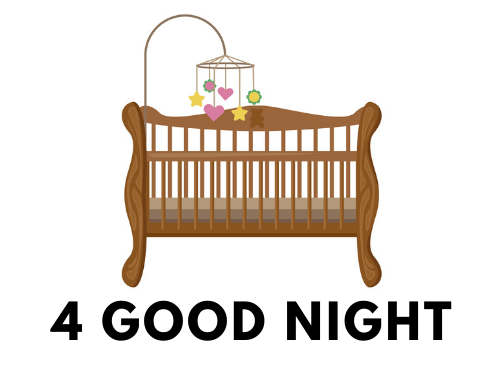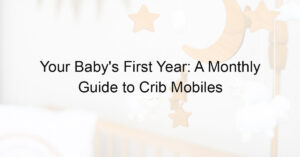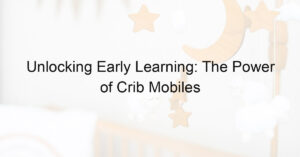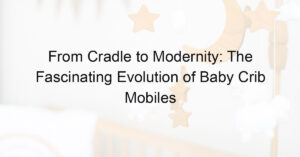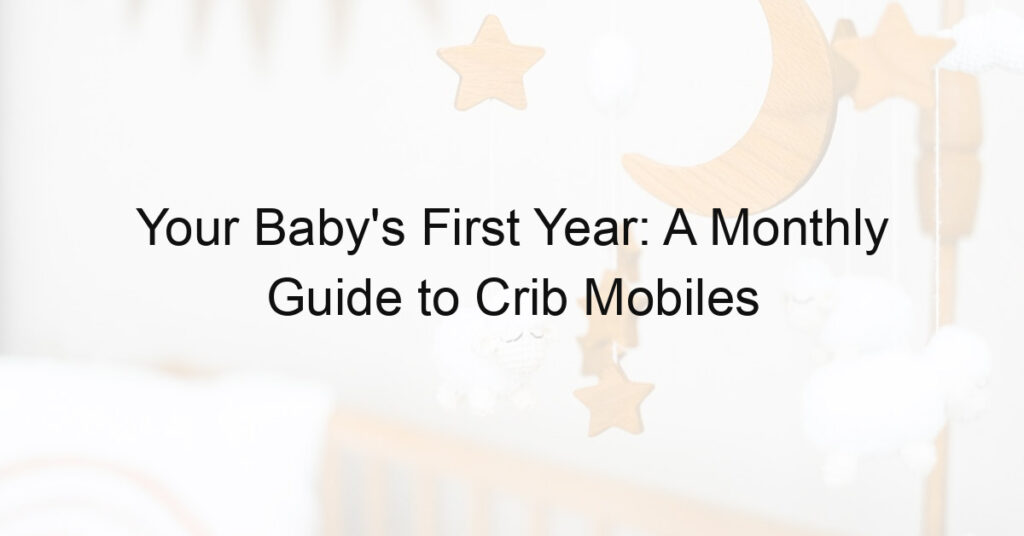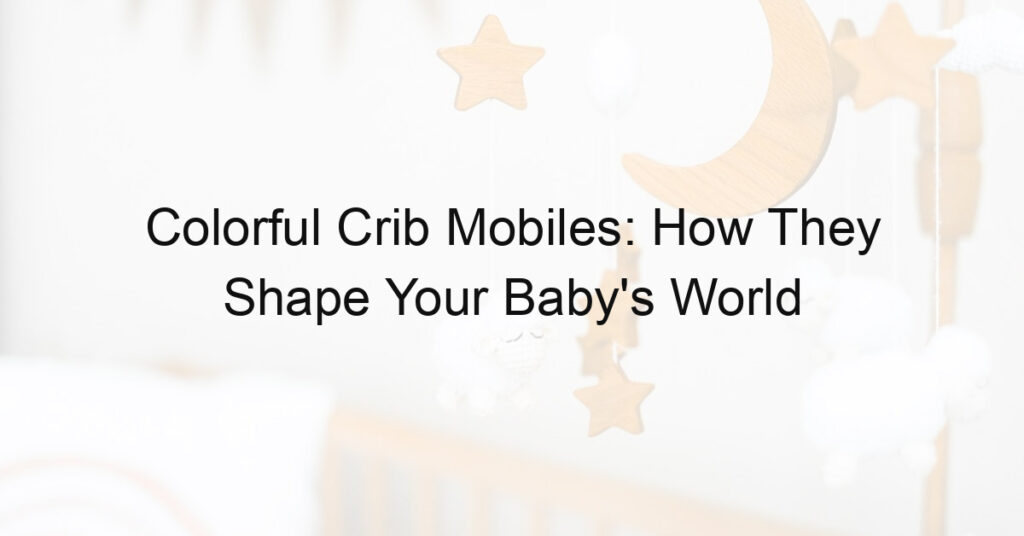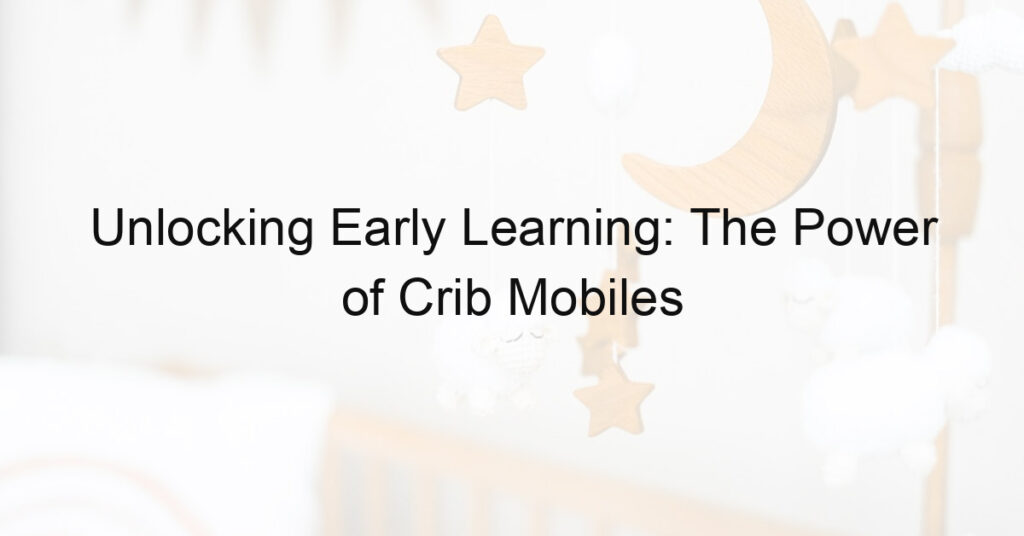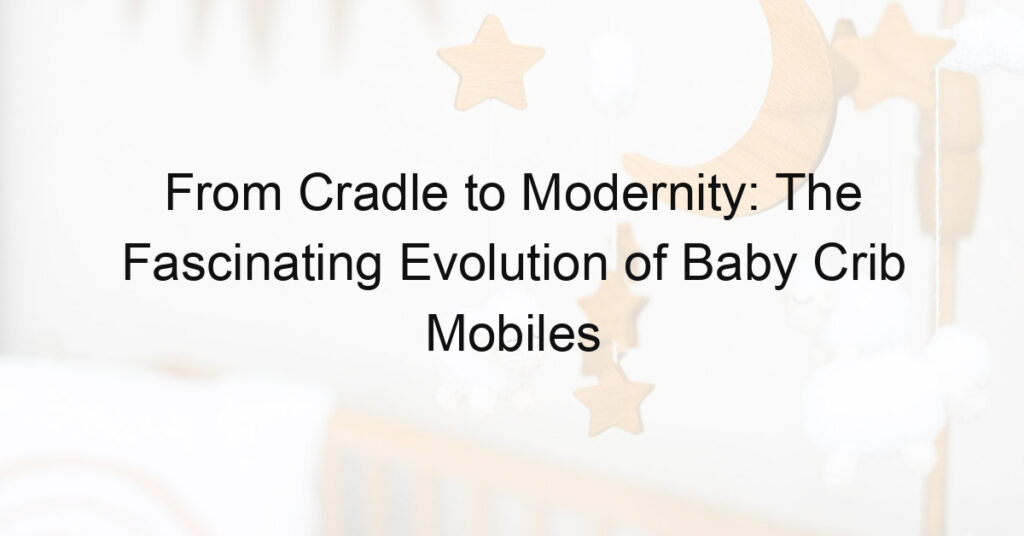As a parent, there’s nothing scarier than hearing about sleep-related health conditions in babies and infants. But did you know that sleep apnea can occur in newborns? If left untreated, this potentially life-threatening condition can have serious consequences for your baby’s overall well-being. Luckily, the solution to this issue is often simpler than it may seem.
In this blog post series, we’ll take an in-depth look at the different types of sleep apnea and how to identify them, as well as explore treatment options available and advice on prevention methods that parents should consider.
Is sleep apnea normal in newborns?
Sleep apnea in newborns might seem like a scary concept, but it’s quite common. According to the American Academy of Pediatrics, between two and three percent of infants experience apnea shortly after birth. This is often caused by their immature breathing control and quickly passes on its own.
While some infants may require special care and monitoring due to their infant sleep apnea, most cases are mild and do not cause any long-term health issues. So don’t panic if your little one stops breathing occasionally; as long as they are thriving overall, it’s likely just a normal phase that will pass with time.
What are the symptoms of sleep apnea in newborns?
Newborn sleep apnea is a disorder that affects babies shortly after birth, leading to disrupted breathing patterns and decreased oxygen levels. Parents need to be aware of the signs since the condition can potentially become life-threatening if not addressed. Symptoms of sleep apnea in newborns often include periods of apnea (where breathing stops), shallow breathing, slow heart rate, and an abnormally low oxygen level.
Parents may also notice that their infant seems unusually sleepy or not as alert as usual. It’s important to speak with a doctor right away if any of these symptoms appear in a newborn baby. Early diagnosis can help the medical team quickly respond and implement the best treatment plan for the child.
What causes apnea in newborns?
Newborn apnea is the repeated stopping of breath for more than 20 seconds at a time, followed by sighing and rapid breathing for one minute or longer. This medical issue can be serious if it is frequent or lasts longer than normal. It typically occurs due to immature or weakened neural control centers in the brain or respiratory drive. Primary apnea, also known as idiopathic apnea of prematurity, is most often seen in premature newborns and is thought to be caused by neurological immaturity.
Secondary causes are related to an underlying condition such as pneumonia, a physical obstruction, foreign body inhalation, metabolic issues, infection, or neurological abnormalities. While this issue can be concerning for parents, most cases are resolved either naturally or with medication like methylxanthines and analgesics. Thankfully, with proper care and monitoring, newborn apnea isn’t usually a huge cause for concern.
How is sleep apnea treated in newborns?
Sleep apnea in newborns is a serious issue that can have damaging effects on both their physical and psychological health. Fortunately, there are a variety of treatments available depending on the severity of the symptoms. If your newborn is experiencing this condition, you may consider using CPAP (Continuous Positive Airway Pressure) or BiPAP (BiLevel Positive Airway Pressure).
Both treatments involve providing pressurized air through a mask to keep your baby’s airways open while they sleep. Alternatively, doctors may opt for gentler treatments such as oxygen therapy or positive pressure ventilation. Ultimately, the treatment plan should be tailored to your newborn’s individual needs and overseen by a qualified healthcare professional.
How do I get rid of my baby’s sleep apnea?
Sleep apnea can be a challenging issue for parents to grapple with, making it hard to figure out how to help your baby get the rest they need. Luckily, there are some effective treatments and techniques that you can try. Start by talking to your pediatrician and asking about ways to reduce any environmental factors that may be disrupting their sleep. This may include purchasing a white noise machine, blackout curtains, or humidifiers as needed.
If your baby is having trouble getting regular breaks in their sleep cycles, scheduling their nap times for regular intervals throughout the day may help eliminate the problem. Beyond that, monitoring your baby’s breathing patterns while they sleep can be an effective way of determining whether or not these tactics have been successful in helping treat the apnea. Parenting is no easy feat – but don’t forget you have power when it comes to finding solutions for your child’s needs!
Conclusion: Sleep Apnea in Infants and Newborns
Sleep Apnea in newborns and infants can be serious, so if you suspect that your child is exhibiting any signs of the condition, don’t hesitate to seek medical advice. Fortunately, there are many treatments available that can help babies manage their breathing problems and ensure they get a restful night’s sleep. An infant sleep specialist will be able to provide guidance and treatments tailored to your child’s specific needs.
Remember, while it may feel like navigating this challenge is daunting, you’re not alone – reach out to professionals and or support groups for additional help. Taking proactive steps towards addressing the issue can make a big difference; parents everywhere have successfully helped their children live healthier, more restful lives free from breathing issues. If there’s one thing we know for sure about parenting it’s that it takes a village!
